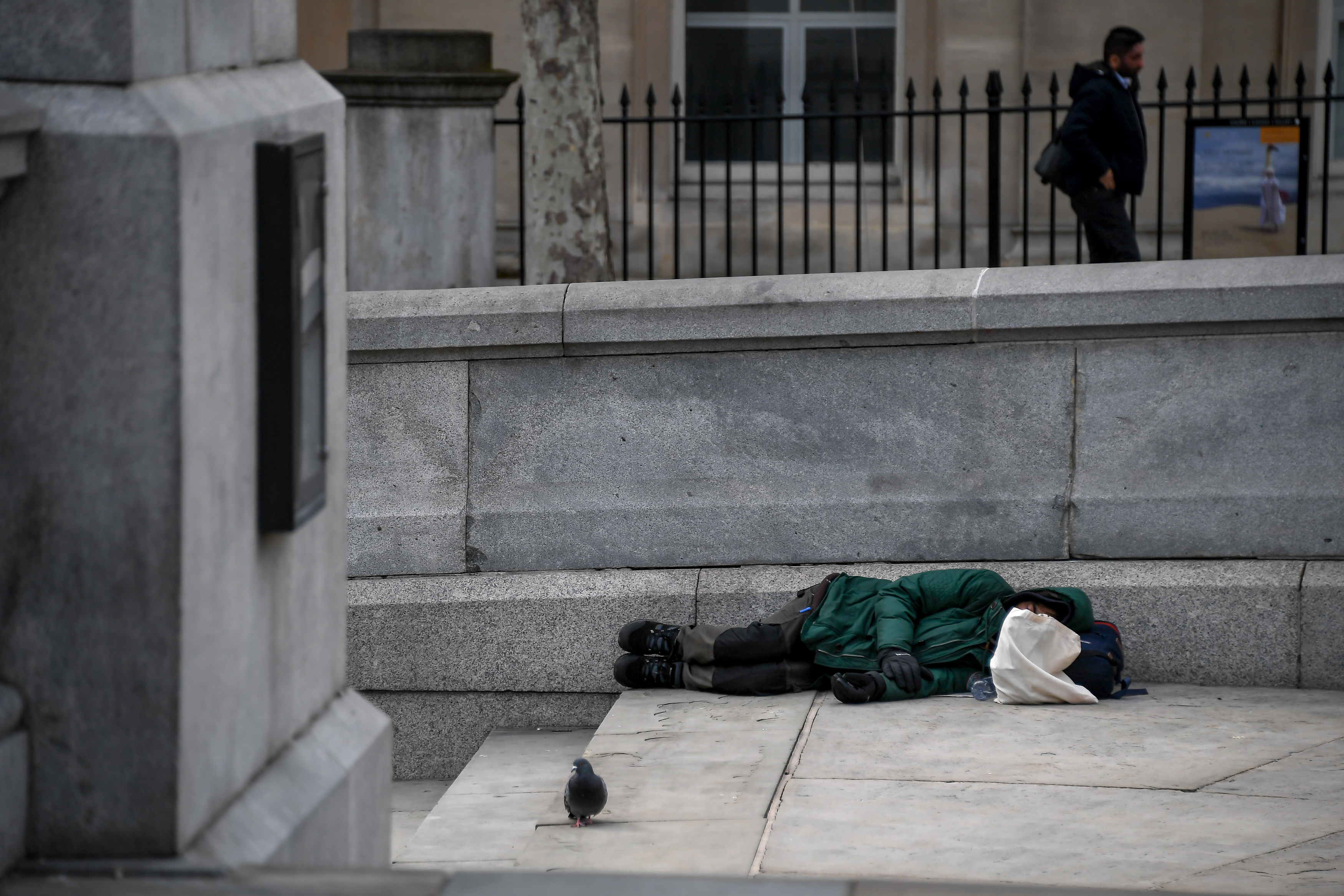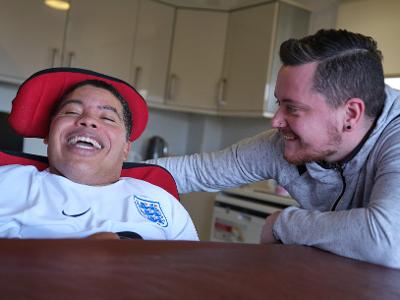“There needs to be a new political and financial settlement for care homes and domiciliary care which recognises the commitment and vocation of carers," according to Philip McCarthy, Director of the Caritas Social Action Network (CSAN). “The pandemic has shown just how much we rely on people to do this essential, but often unsung, work,” he told The Tablet this week, “and over the last months care workers have risked their own health and that of their families”. His hope is, "that the Government and employers will invest in the skills of care workers so that we can build a care system to be proud of.”
A new healthcare visa was announced by the government on 13 July, to be granted to NHS workers but not to social care workers. It will be within a new points-based immigration system which comes into force from 1 January next year when freedom of movement with the EU ends. The new system, says Home Secretary Priti Patel, will allow the UK to "attract the best and brightest from around the world". Frontline care home workers and contractors are excluded, and a minimum salary threshold means that many cleaners, porters and support staff will not qualify. People overseas will not be eligible to apply for a visa to undertake so-called ‘low-skilled’ work, including in social care settings.
Mark Wiggin, Director of Caritas Salford, has highlighted the situation of existing staff already here on low wages, such as a refugee who wants to bring their family over to join them under the visa scheme. “Currently there is a minimum income requirement of £18,600 plus £3,800 for the first child and then £2,400 for the next child” said Mr Wiggin; “so if you want to bring your two children in addition to your wife you need an extra £6,200, giving you a total income of £24,800”. He pointed out that, “the current government minimum income requirement would effectively prevent a family reunion taking place for low paid workers”.
Although residential care providers currently rely greatly on EU nationals to fill vacancies, the government feels that immigration is not the answer to the challenges in the social care sector. The majority of vacant positions will not be filled from immigration as these workers are not classed as skilled - and they're not eligible for the rebranded NHS and care workers fast track visa. Care workers won't be able to apply for a care-specific visa.
Paul Bott, chief executive of SJOG Hospitaller Services, a member of CSAN whose work includes residential care homes, told The Tablet this week he too would like more recognition of care workers of all nationalities. His organisation works in 35 communities across England, and employs 500 people, 63 of whom are non-UK nationals. “Whilst that’s just over 10%,” he said, “these colleagues are primarily focussed in London and the south-east, in our homeless service in Euston and our services that support people who have been trafficked or subject to modern slavery”. He told The Tablet that the diversity of languages spoken by staff is valued as many clients come from Eastern Europe and other regions prone to human trafficking. “We have some experienced people with specialist knowledge that can’t be replaced quickly or easily,” he reported, “and it is clear that for a period of time the level of knowledge and skills in key services will be less than it is now.” Training will be a priority.
The UK government is encouraging employers to invest in workers from within the UK, and Mr Bott reported that “At this point, we are not expecting there to be any workforce recruitment issues for us because of the recession we are facing, where we’ll see more people becoming unemployed”. He told The Tablet that the pool of potential workers for social care projects is likely to be greater post-Covid, reflecting that, “It’s sad that we need to wait for the economy to struggle before we can fully staff though.”



 Loading ...
Loading ...